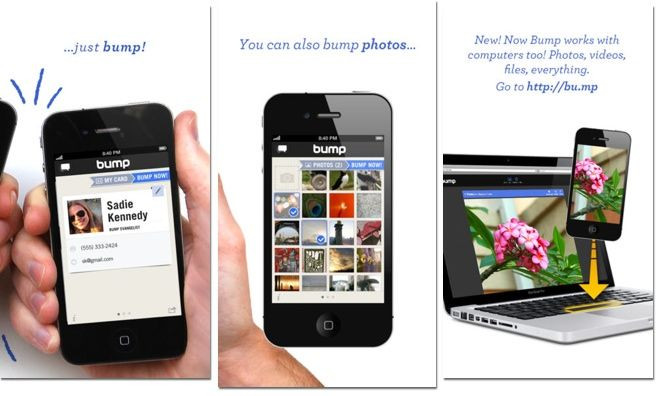Google-Owned Apps, Bump And Flock, Are Shutting Down And Users Have 29 Days To Export Data

Three months after being acquired by Google (NASDAQ:GOOG) for an undisclosed sum, Bump Technologies announced on Tuesday that it would shut down its Bump and Flock apps on Jan. 31.
The company said that both mobile file-sharing apps will be removed from the Apple (NASDAQ:APPL) App Store and Google Play store, and all user data will be deleted.
“Back in September, we announced that the Bump team was joining Google to continue our work of helping people share and interact with one another using mobile devices,” Bump Technologies said in a statement. “We are now deeply focused on our new projects within Google, and we’ve decided to discontinue Bump and Flock.”
According to the announcement, both Bump and Flock will cease to function after Jan. 31, meaning that users now have 29 days to download their stored data. Users can do this by opening either Bump or Flock and follow the instructions to export data. Users will receive an email with a link containing all their data, including photos, videos, contacts and other items, from Bump or Flock.
Bump was among the first App Store programs to allow users to share various kinds of data by “bumping” their devices together. The app received an update later, which allowed phone-to-PC transfers.
However, because Google's Party Mode photo-sharing service failed to attract users, the company might incorporate Flock into Google+ to compete with similar products from Facebook (NASDAQ:FB) and Dropbox, according to a report from TechCrunch,
Google’s acquisition of Bump Technologies gave the search-engine giant access to several mobile communication patents, which could help improve the Android platform and create better alternatives to near-field communication technology, TechCrunch reported. The report also noted, citing sources, that Google paid a relatively low price of about $35 million to acquire Bump.
As noted by Apple Insider, easy-to-use Bump led to the development of first-party features such as Apple’s AirDrop, which enables users of iOS 7 devices to share data wirelessly by establishing a secure peer-to-peer direct connection between supported iPhone, iPod touch or iPad devices, without an Internet connection.
In addition, Apple rolled out an update for Apple TV in September, which included a "touch to configure" option. The feature used Bluetooth 4.0 to allow users to transfer data by touching the iOS device to Apple TV, taking advantage of the Bluetooth LE built into all Apple devices after the iPhone 4.
© Copyright IBTimes 2024. All rights reserved.




















